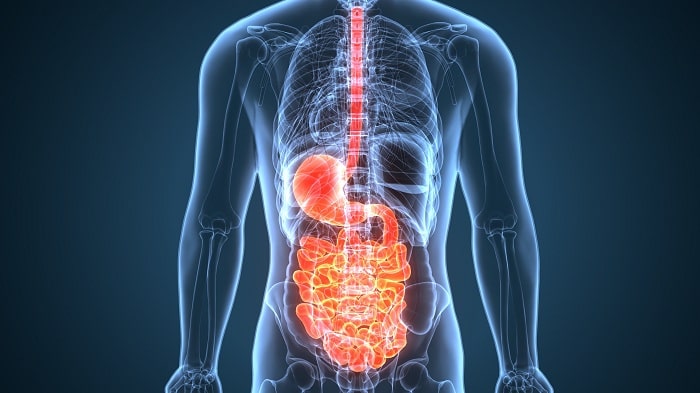One of the most important parts of your body is your digestive and gut health. It is, after all, the part that’s responsible for processing what you eat. Food is what gives the body nutrition, so if your gut health is poor, then you can also run the risk of poor digestion and distribution of your body’s essential nutrients.
When you closely examine the digestive system, it’s more than just the tract per se. For the transport and breaking down of food to process effectively, there are also thousands of microorganisms living in the digestive tract, responsible for keeping it healthy. While some of the bacteria may be bad, there are those that are beneficial to keep the digestive and gut health strong enough, for a healthy body.
To understand better about the connection of your digestive health to the rest of your body, and what you can do to keep it healthy and strong, Ameolife’s article also gives you some of the most important data and information for you to know.
With that said, if your aim is to have an overall healthy body, it’s important to take good care of your digestive and gut health. These are some tips that would help you keep your digestive and gut health in good shape:
-
Reduce Your Stress Level
Stress is one of the topmost common reasons why so many people may suffer from bad health. The downside to stress is that it doesn’t just eat up your mental and emotional health per se, but it also does have adverse effects on your body in general.
When it comes to your gut health, it can suffer when you start to either feed it with unhealthy food regularly as a part of your stress eating habits or skip eating altogether. This may not manifest into effects right away at the present, but in the long run, these effects will surely start to kick in.
If you’ve been suffering from so much stress lately, here are some tips to help you lower or reduce your stress levels:
- Eat and drink healthy food and beverages;
- Stop smoking;
- Practice any relaxation techniques;
- Give yourself some ‘me time’, once in a while.
-
Focus On Eating Real Food
Real food means feeding your gut with dishes that you actually whip up, and not just processed food. While processed food may be convenient, remember that it’s exactly as its name implies: processed.
There are only very few nutrients left in it, and it’s also filled with chemicals to preserve it for longer. So, imagine what you’re feeding your body. Your gut digestive and gut health will eventually have its fair share of that junk and have enough of it.
Eating healthy doesn’t have to be expensive. It’s as simple as going back to basics, taking the time to meal prep and cook, and ensure that every nutrient that goes into your meal is healthy.
-
Get Enough Sleep
Your body needs to sleep, for it to replenish and regenerate all of its energy and functions. The same applies as well to your gut health. So, if you haven’t been sleeping well and good enough lately, then you should also make it a point to start sleeping well.
Take note that for every single system of your body to function well, it needs at least seven to eight hours of sleep at night. Be sure that you’re able to give your body that, no matter how busy or stressed out you may think you are.
-
Eat A Lot Of Fiber
Filling your daily diet with fiber is good for digestion. This absorbs water and bulks up your stool, which means you’re able to release more of your body’s waste. Think of fiber as a giant toothbrush, with the bristles brushing every side of the tract, to keep everything moving as smoothly as possible.
Good sources of fiber that you can incorporate into your diet include oat bran, whole grains, legumes, and vegetables.
A significant number of individuals fail to meet their daily fiber requirements, highlighting the importance of incorporating supplements into their routine. In this context, Colonbroom emerges as a highly recommended choice due to its ability to provide the necessary fiber intake that might otherwise be lacking from regular diet alone. By opting for Colonbroom, individuals can effectively bridge the fiber gap and support their overall digestive health and well-being.
-
Eat Slowly
No matter how much of a rush you’re in, eat slowly and make sure that you chew your food properly. Chewing is an inherent part of eating, and this is so that it’s easier for your food to travel through the digestive tract. If your food isn’t chewed into smaller pieces, then you’re putting your digestive tract into so much more work than it should typically have to do.
When you chew your food slowly, you’re also able to promote full absorption of your nutrients, and digestion of all your meals. This makes it easier for you to maintain a healthy gut and reduce any discomfort in your digestive system.
Conclusion
When your digestive system starts to suffer, this would manifest itself in so many ways. Think, diarrhea, heartburn, upset stomach, and constipation, among all the other health issues and discomforts that it’s going to bring. So, as you aim to take good care of your health, don’t neglect your digestive and gut health as well. Start with the tips above, and make it a part of your daily habit, and practice towards living an overall healthier lifestyle.




















